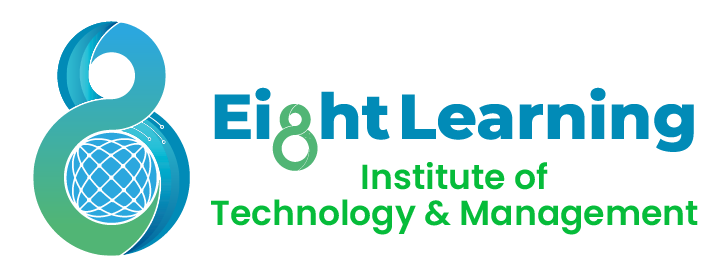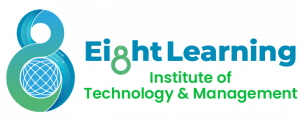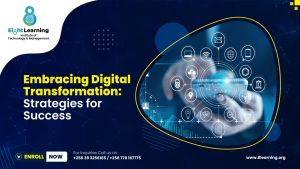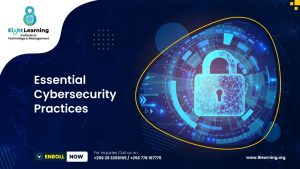The rise of remote work has significantly transformed how we approach professional development and skill-building. E-learning, once a convenient supplement to traditional education, has become a cornerstone for acquiring new competencies and staying competitive in an increasingly digital workplace. As organizations and individuals navigate this new landscape, understanding the benefits and best practices of e-learning is crucial for long-term success.
The Shift to E-Learning
The COVID-19 pandemic accelerated the adoption of remote work and, consequently, e-learning. With physical classrooms and in-person training sessions becoming less feasible, businesses and educational institutions turned to online platforms to continue their operations. This shift has highlighted the flexibility and accessibility of e-learning, enabling learners to access courses and training materials from anywhere in the world at any time. The convenience of e-learning aligns perfectly with the remote work model, allowing employees to balance their professional responsibilities with ongoing education.
Building Relevant Skills
E-learning platforms offer a vast array of courses tailored to the needs of remote workers. From mastering productivity tools and project management software to developing soft skills like communication and time management, e-learning provides comprehensive resources for professional growth. Courses are often designed by industry experts and updated regularly to reflect the latest trends and technologies. This ensures that learners acquire relevant and up-to-date knowledge that can be directly applied to their work.
In addition to technical skills, e-learning emphasizes the development of critical thinking, problem-solving, and adaptability. These skills are essential in a remote work environment where employees must navigate new challenges independently and collaborate effectively with dispersed teams. By engaging with interactive content, participating in virtual discussions, and completing practical assignments, learners can enhance their ability to think creatively and respond swiftly to changing circumstances.
Advantages of E-Learning
- Flexibility and Accessibility: E-learning accommodates different learning styles and schedules. Whether you are a night owl or an early bird, you can access course materials at your convenience. This flexibility is particularly beneficial for remote workers who may be juggling various time zones and responsibilities.
- Cost-Effectiveness: Traditional in-person training can be expensive, considering travel, accommodation, and materials. E-learning reduces these costs significantly, making professional development more affordable and accessible to a broader audience.
- Personalized Learning: Many e-learning platforms utilize artificial intelligence to personalize learning paths based on individual progress and preferences. This ensures that learners receive content that is most relevant to their needs and can advance at their own pace.
- Continuous Learning: In a rapidly evolving job market, continuous learning is essential for career advancement. E-learning provides the opportunity to stay current with industry trends and acquire new skills without the need for lengthy time commitments.
Best Practices for E-Learning Success
To maximize the benefits of e-learning, remote workers should adopt certain best practices:
- Set Clear Goals: Identify what skills you want to develop and set specific, measurable, achievable, relevant, and time-bound (SMART) goals. This will help you stay focused and motivated throughout your learning journey.
- Create a Dedicated Learning Space: Designate a quiet, comfortable space for e-learning to minimize distractions and enhance concentration. This space should be equipped with all necessary tools and resources.
- Establish a Routine: Consistency is key to effective learning. Allocate specific times in your schedule for e-learning and stick to this routine as much as possible.
- Engage Actively: Participate in discussions, ask questions, and complete assignments. Active engagement enhances understanding and retention of the material.
- Seek Feedback: Regularly seek feedback from instructors or peers to identify areas for improvement and refine your skills.
E-learning has emerged as a vital tool for building skills in the remote work era. Its flexibility, accessibility, and cost-effectiveness make it an ideal solution for continuous professional development. As we move forward in this digital age, the ability to learn and adapt will be the defining factor for both individual and organizational success.
To dive into some of our online courses, please visit our website https://8learning.org/





